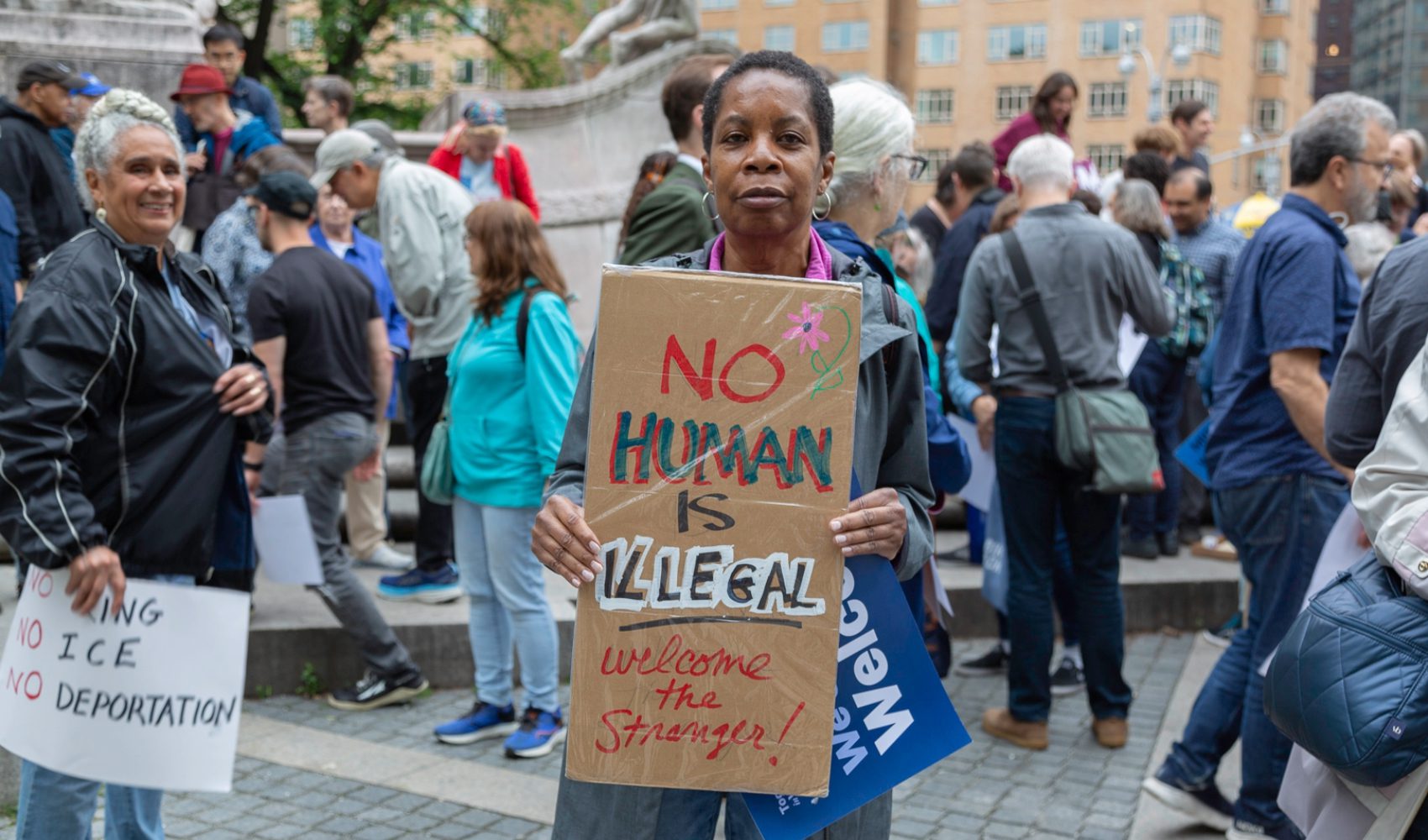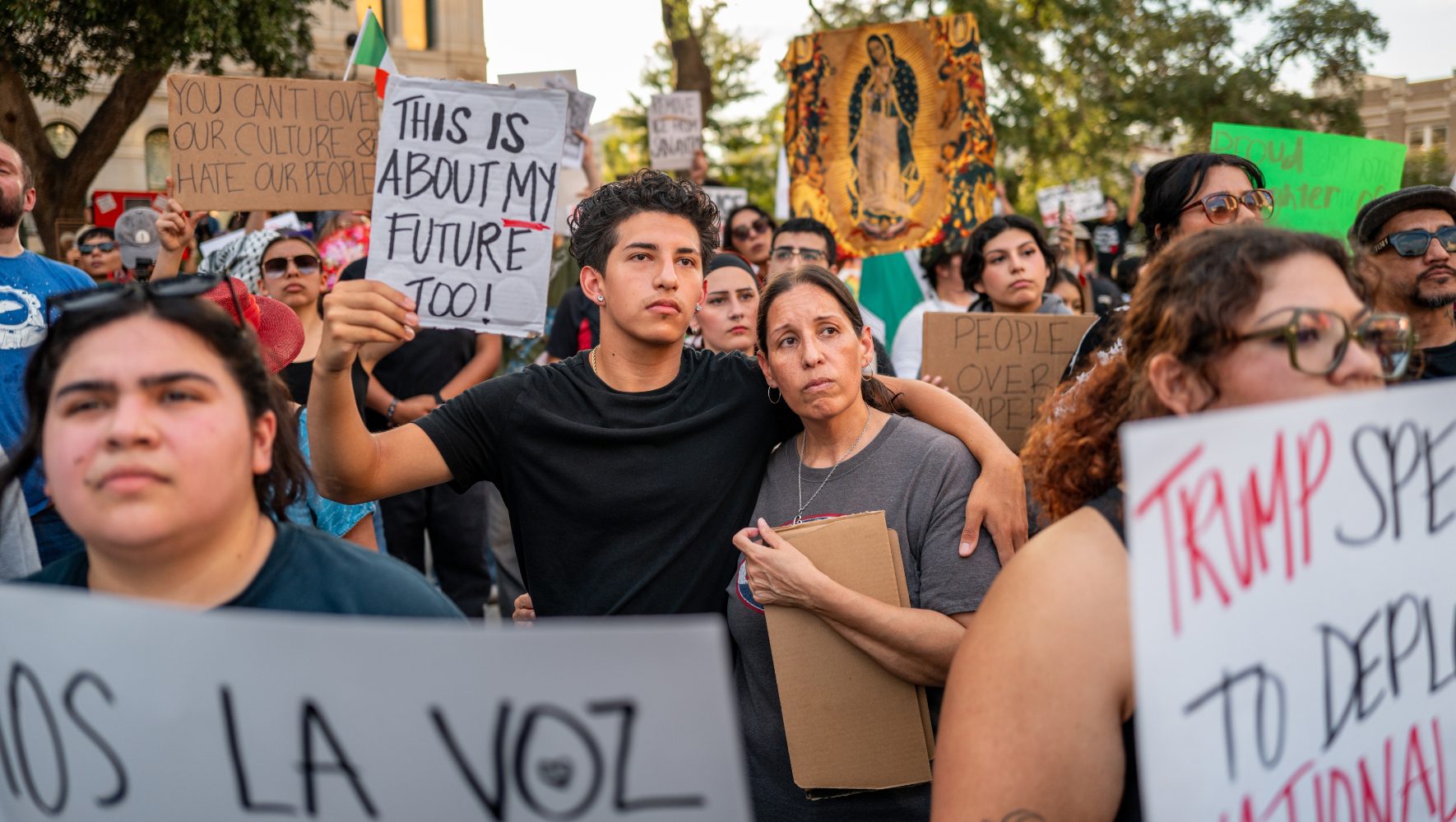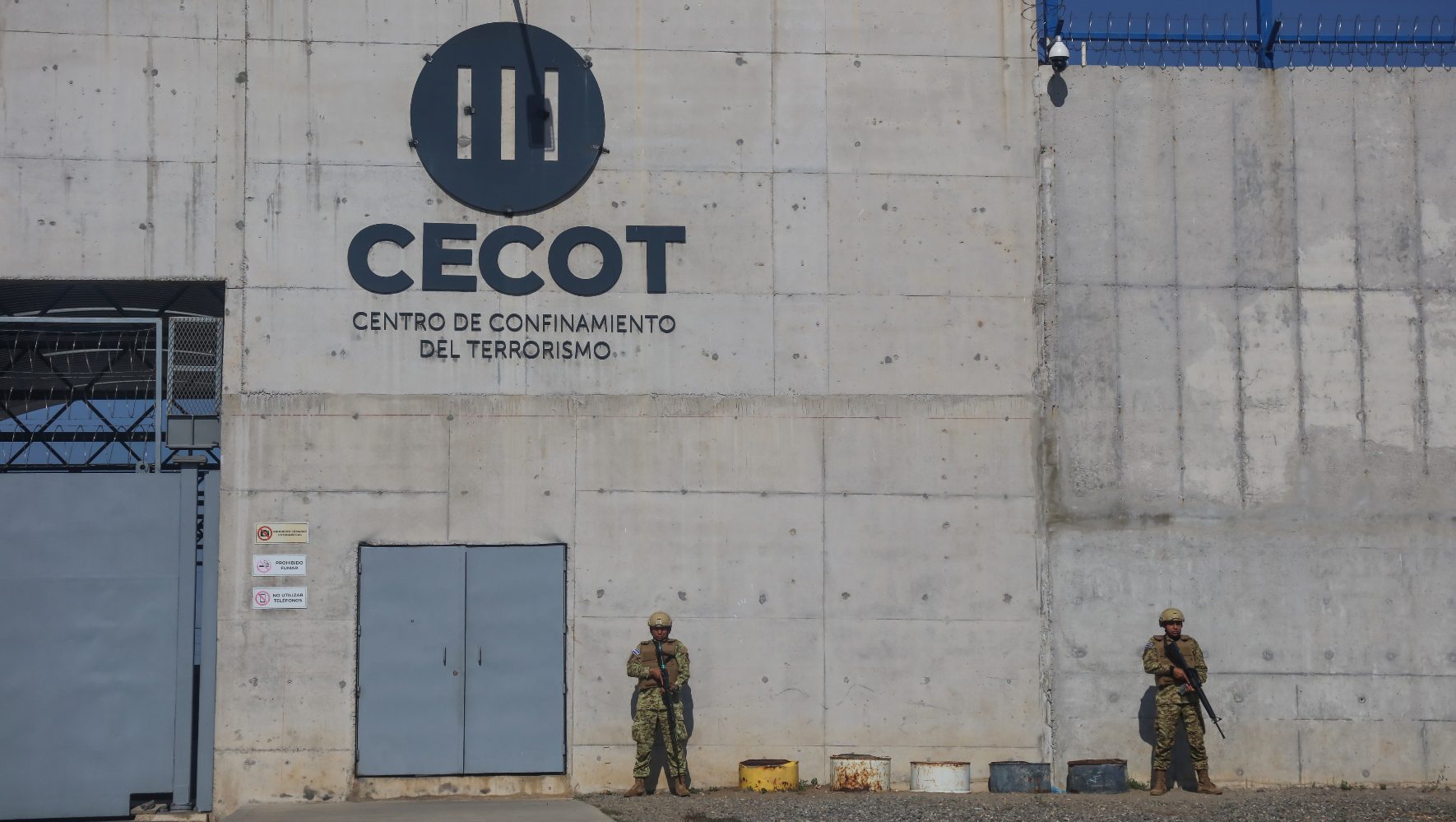Hard Work Ahead to Repair Broken U.S. Asylum System
By Sharon Samber, HIAS.org
Jan 21, 2021

Mothers and children in a makeshift camp for asylum seekers in Matamoros, Mexico, December 2019.
(John Moore/Getty Images)
As the Biden administration prepares to undo the damage done to the immigration system, it will be under pressure to work quickly but it will be hampered by complex issues regarding asylum policies and regulations.
Immigration reform appears as a top issue in President-elect Joe Biden’s “first 100 days” agenda — the Biden immigration plan calls for ending family separation, detrimental asylum policies, and the mismanagement of the asylum system in that time period.
Biden transition officials have started to draft plans to gradually end the Migrant Protection Protocols — or MPP, also known as the “Remain in Mexico” program — which forces asylum seekers to wait in Mexico for their court hearings. In fact, the Department of Homeland Security immediately announced the suspension of new enrollments in MPP effective Jan. 21. HIAS leaders, who have offered recommendations to the Biden transition team on these issues, are confident that changes to MPP and regulatory policies related to asylum are top priorities for the new administration.
Melanie Nezer, HIAS’ senior vice president for public affairs, said HIAS is ready for the challenges ahead. “Rebuilding a fair and humane asylum system from the wreckage of the Trump years will take time and a lot of hard work, but some significant changes must be made immediately to alleviate people’s suffering at our border,” she said. Nezer has been encouraged by the Biden administration’s positions on immigration and refugees as well as their staffing picks so far.
HIAS’ policy and advocacy team recently produced a report on preparing for ending MPP (download the executive summary), and has shared it with the Biden transition team. More than 68,000 asylum seekers have been placed in the program since its inception and there are currently over 25,000 open immigration cases for people forced to wait in Mexico under MPP.
The report presents options, Sue Kenney-Pfalzer, HIAS’ director of the Border and Asylum Network explained, and while some recommendations are aspirational, many in the report could be achieved quickly. Recommendations include creating a streamlined process for allowing entry into the U.S. to asylum seekers who are currently in MPP or have been previously subjected to MPP, and allowing asylum seekers to apply for Humanitarian Parole to enter the U.S. and then to pursue their asylum case.
Meanwhile, HIAS’ U.S. legal team, the Border and Asylum Network, and HIAS’ country office in Mexico are preparing to get accurate information to HIAS clients once specifics of the new Biden plans are announced. Staff are preparing new “Know Your Rights” presentations and remote consultations with lawyers are planned for individualized attention to cases.
Managing that information is a difficult task, explains Blanca Lomeli, HIAS Mexico’s country director. “There are lots of rumors circulating, lots of messages on Facebook,” she said. “We have to be comfortable in the uncertainty and explain that the transition will take time.”
Lomeli is concerned that asylum seekers stranded in Mexico could be easily exploited by misinformation. There is a lot of hope and expectation and people want to see changes right away, she said. There is desperation, too, especially in the makeshift camp along the border in Matamoros where hundreds live in tents. People there are afraid every night, according to Lomeli.
“There is an urgency you can see,” she said.
MPP was not the only route the Trump administration took to change the U.S asylum system.
“MPP will be prioritized, but MPP is not everyone,” explained Jessica Therkelsen, HIAS’ director of legal protection. MPP was enacted by President Trump by executive order, meaning President Biden can reverse the policy without waiting for Congress. Presidents can revoke previous executive orders, essentially undoing the changes made. But undoing an executive order isn’t simple and changing regulations is much more complicated.
There have been a series of restrictive asylum policies that have damaged the system and they cannot be reversed easily, Therkelsen says. Some of the changes are out of line with international law, and in some cases the changes have made it easy to reject asylum claims and then it will be impossible for people to file claims again. Therkelsen stressed it is difficult to undo the damage, and messaging to clients in Mexico, South America, and Central America should include explanations of the risks in quickly applying. In forthcoming legislative proposals to Congress the Biden administration is said to be focusing on the root causes of migration from Central America.
Despite the caution that many express, there is still the feeling of a clear commitment from the incoming administration, which accounts for a fair amount of optimism on the part of refugee advocacy groups.
Jewish Family Service of San Diego, or JFSSD, is in some ways the perfect example of the past, present, and future of the border issues. The HIAS affiliate sued the Trump administration over MPP; has helped more than 23,500 individuals through the San Diego Rapid Response Network shelter; and is now leading the California Welcoming Task Force, a bi-national effort of 75 organizations who are working to prepare the processing, messaging, and public health prioritization with regard to the anticipated changes in the asylum system.
Kate Clark, JFSSD’s senior director for immigration services, says her office has consulted on 550 cases of people in MPP and is well equipped to deal with the expected confusion and chaos.
There is anxiety with all of the scenario planning and while staff are tired after the past four years, Clark feels there is now a sense of renewed hope. “The option and opportunity to change is the real great news,” she said.
It’s easy to lose sight of all that’s trying to be achieved, with so many different groups and priorities, Clark cautioned, but the ultimate goal is to remember the people behind the cases, the people who fled their country and who are desperate.
“We are laser focused on the who,” Clark said.


